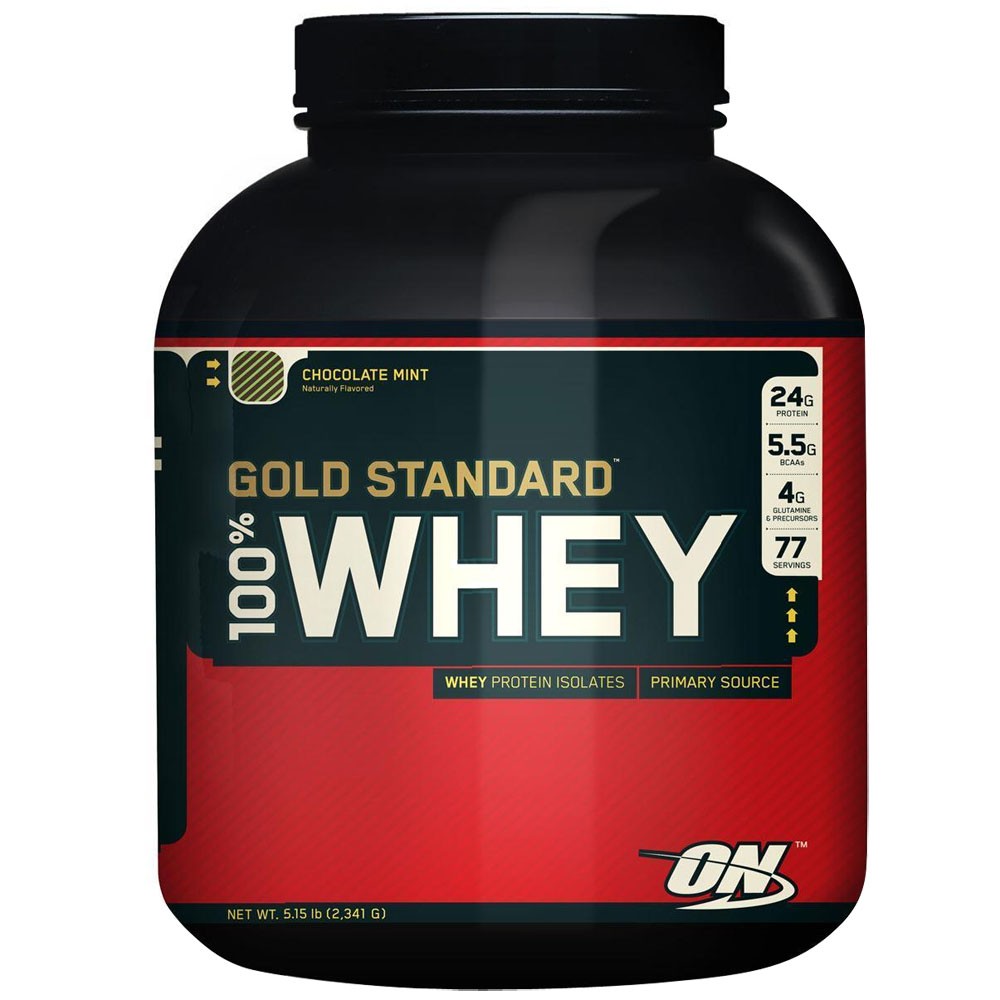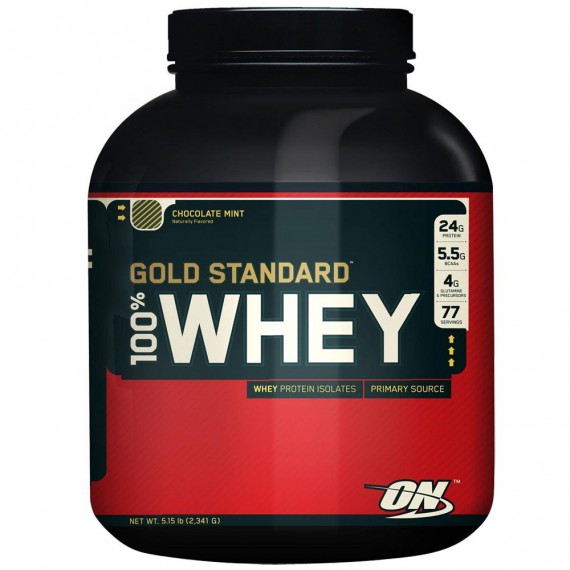
Dear Lyle,
I’m having trouble gaining any mass. A friend of mine told me that I should eat more protein. Is this the answer? I am also concerned about possible health problems with high protein intakes that dietitians always talk about.
The debate over protein intakes for athletes has been raging for decades now. Strength and power athletes (bodybuilders, powerlifter, etc) have always been big proponents of high protein intakes on the (somewhat incorrect) premise that since muscle is made of protein, more protein will equal more muscle. To be technically accurate, muscle is actually about 70% water by weight and I wonder why strength athletes (and supplement companies) didn’t push water as an anabolic. There are essentially two opposing camps in the protein wars. On the one hand are the (generally conservative) dietitians who will tell you that the RDA for protein (which is 0.8 grams protein/kg body weight (0.36 grams/pound) or about 55 grams of protein for an average sized male and 44 grams for a female) is sufficient for everyone and that no studies have shown that excessive protein intake is necessary for growth. They are wrong. On the other hand, we have bodybuilders and supplement companies suggesting truly massive amounts of protein for lifters, in excess of 3-4 grams protein/kg bodyweight (about 1.5-2 grams/lb of protein). It’s quite convenient for a company selling protein powder to convince lifters that they need this kind of excessive protein intake. Guess what? They are wrong too. Outside of the pro ranks, the de facto standard for protein intake has been about 1 gram of protein/lb bodyweight (about 2.2 grams protein/kg body weight). Looking at the research available (and most of the good studies have been done by Dr. Peter Lemon at Kent State), the following protein intakes are what is suggested.
Endurance athletes 1.2-1.4 grams protein/kg (0.54 – 0.63 grams/pound) Strength athletes: 1.6-1.8 grams protein/kg (0.72 -0.8 grams/pound)
Note: the studies on strength athletes were done with lifter training up to 6 days per week, twice per day and likely represents the absolute maximum needed.
While other studies have occasionally shown that greater protein intakes (up to 3 grams/kg) increase nitrogen retention, they tend to suffer from some methodological flaws discussed below.
The problem with the above values is that protein requirements depend on a host of other factors including
1. Calorie/carbohydrate intake
2. Protein quality
3. Anabolic status
Calorie/carbohydrate intake
Outside of training volume and intensity, this is probably the single biggest determinant of protein requirements. Reducing calorie and carbohydrate intake (i.e. dieting) tends to raise protein requirements as protein will be converted to glucose for fuel. By the same token, raising calories (and carbohydrates) tends to lower protein requirements since all incoming protein can be used for tissue synthesis. This is also tied to the hormonal response to over and underfeeding. Reducing calories tends to lower anabolic hormones (especially insulin and IGF-1) while raising catabolic hormones (glucagon, cortisol, the catecholamines) which increases protein breakdown. Therefore more dietary protein is needed to help offset this and prevent muscle loss. By the same token, increasing caloric intake tends to raise anabolic hormones while decreasing catabolic hormones, all of which increase protein synthesis. When lifters tell me that they absolute MUST consume high amount of protein to grow, the first question I ask them is how many calories they are consuming. Invariably the answer is ‘not enough’ since they are afraid of getting fat. Eating more protein is a very inefficient (and costly) way to provide energy for the body. Protein is expensive, carbohydrates are generally cheap (and taste better). Rather than just increase protein to ridiculous levels, I would rather see a lifter increase carbohydrate (and fat) intake to get calories up to reasonable levels.
Protein quality
Proteins differ in their quality, which is primarily determined by the relative amounts of the different amino acids present. Whey protein is thought to be the highest quality protein, whole egg the next highest, egg white next, milk protein, meat proteins, and finally vegetable proteins. A lifter consuming only low quality proteins would need a higher intake (to obtain sufficient essential amino acids) of protein to compensate. Alternately consuming lower quality proteins WITH higher quality proteins increases the quality of the lower quality protein. So individuals on a tight budget (or who wish to minimize meat protein intake for some reason) can consume vegetable proteins but include a small amount of a higher quality protein (such as milk or eggs) to improve the overall quality of the meal.
Anabolic status
When you see your favorite pro-bodybuilder suggesting massive amounts of protein for growth (500 grams per day is not unheard of) ask yourself about the possible differences in their anabolic status (as in steroids) compared to yourself. There is a limit to how much protein can be synthesized per day in a non-drug using lifter. When you add various anabolic substances to the body (especially steroids), protein synthesis is increased to higher levels and higher protein intakes are not only useful but probably necessary. As well, consider the fact that sponsored athletes are being paid to promote the products of their sponsor. If that sponsor happens to sell protein powders, all the better that it’s high-profile athletes are recommending massive amounts of protein.
So to sum up, protein is only partially the answer to your growth problems. As long as you’re getting 1 gram/lb (or even a bit less) of high quality protein AND enough calories per day (see next question), adding more protein probably isn’t the answer. Also look at your training structure. Overtraining is known to decrease the levels of anabolic hormone levels. If you’re natural and you’re in the gym more than 3-4 hours per week, I think you will benefit from cutting back.
So what about health problems?
Probably the biggest concerns regarding health problems from excessive protein intake are:
1. Kidney stress
2. Calcium loss
Kidney stress. Since protein must eventually be filtered through the kidney (as urea), there is some concern that an excessive protein intake might be detrimental to kidney function. The problem with this logic is twofold. First the studies from which this is extrapolated used subjects with pre-existing kidney problems. I wouldn’t doubt that someone with impaired kidney function would have problems with excess protein intake but this can’t automatically be extrapolated to individuals with normal kidney function. Individuals with total kidney failure (who have to undergo dialysis) have to consume a low protein diet to avoid overloading their kidneys. In healthy individuals, this should pose no problems. From a purely empirical point of view, when you consider the number of individuals consuming high protein intakes for long periods of time, there should be an increased incidence of kidney problems but such is simply not seen in the scientific literature. However it should be noted that the increased urea production from excess protein intake can cause dehydration which can cause some problems. Individuals consuming high levels of protein must consume adequate water to avoid this.
Calcium loss. The high incidence of osteoporosis (loss of bone calcium) has been correlated positively in many countries (especially the United States) with a high protein intake. As well some studies have shown a ‘leaching’ of calcium from bones with protein. The problem with these studies is that protein isolates were used, not whole dietary proteins. The phosphate content of whole dietary proteins prevent urinary losses.
For those with a technical bent, I highly suggest the following paper which addresses all the topics I’ve dicussed here. Peter Lemon “Is increased dietary protein necessary or beneficial for individuals with a physically active lifestyle?” Nutrition Reviews (1996) 54 (4): S169-S175. The days ratios come out to Zone ratios.

About the author
Lyle McDonald+ is the author of the Ketogenic Diet as well as the Rapid Fat Loss Handbook and the Guide to Flexible Dieting. He has been interested in all aspects of human performance physiology since becoming involved in competitive sports as a teenager. Pursuing a degree in Physiological Sciences from UCLA, he has devoted nearly 20 years of his life to studying human physiology and the science, art and practice of human performance, muscle gain, fat loss and body recomposition.